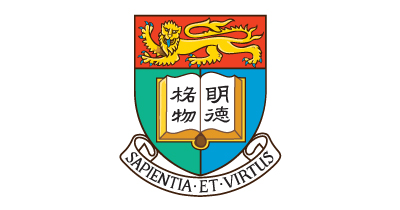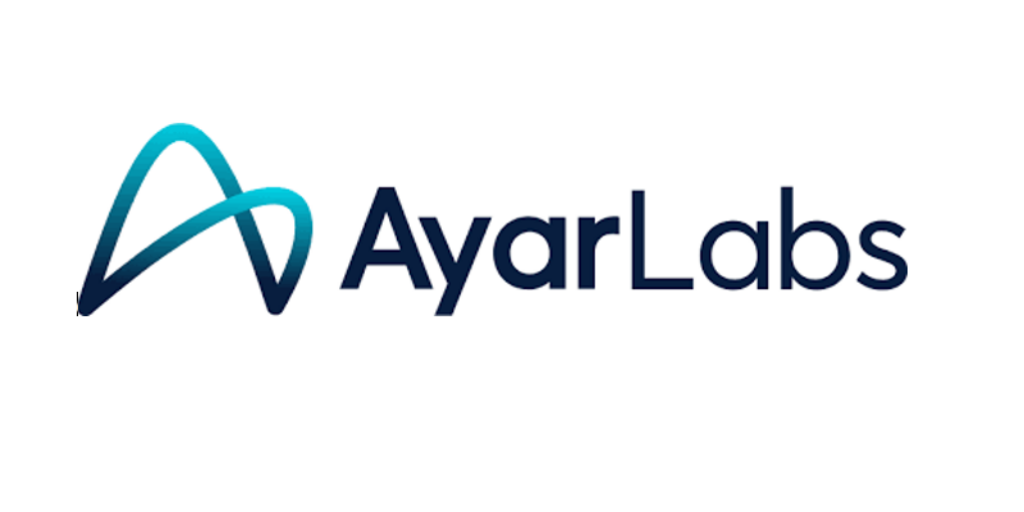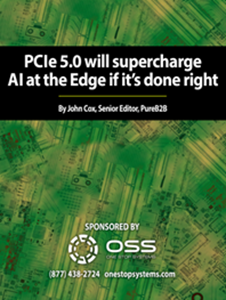 HONG KONG – April 6, 2022 – Hewlett Packard Enterprise (NYSE: HPE) today announced that it has built a new high performance computing (HPC) cluster for the City University of Hong Kong (CityU) for scientific research and report the HPC cluster “is a significant performance upgrade to CityU’s previous HPC resources, delivering nearly 10 times faster speed(1) in HPC and AI applications to improve modeling and simulation across biomedicine, quantum chemistry, and social and behavioral science.”
HONG KONG – April 6, 2022 – Hewlett Packard Enterprise (NYSE: HPE) today announced that it has built a new high performance computing (HPC) cluster for the City University of Hong Kong (CityU) for scientific research and report the HPC cluster “is a significant performance upgrade to CityU’s previous HPC resources, delivering nearly 10 times faster speed(1) in HPC and AI applications to improve modeling and simulation across biomedicine, quantum chemistry, and social and behavioral science.”
The new CityU HPC cluster, which CityU named “CityU Burgundy,” is built using the HPE Apollo 2000 and HPE Apollo 6500 Gen10 Plus systems, which are purpose-built, density optimized platforms that target demanding HPC and AI a
pplications. HPE also designed CityU Burgundy with 328 AMD EPYC 7742 processors to provide a performance boost to core modeling and simulation workloads, and 56 NVIDIA V100 Tensor Core GPUs and 8 NVIDIA A100 80GB Tensor Core GPUs to support a range of image analysis, machine learning and AI capabilities.
CityU’s HPC resources are used by Hong Kong’s academic and government researchers to accelerate scientific discovery in many areas. It is also CityU’s mission to deliver on its “Inclusive Strategy,” where stakeholders from various disciplines can collaborate effectively using its technologies.
Previously, CityU’s resources were comprised of siloed clusters that used older generations of computing solutions, which could not scale and support demand for higher computational performance. The disparate system created a challenge for a growing set of users to efficiently
access the technology and reach their research goals.
To address the challenge, CityU turned to HPE to design a dramatically faster central HPC cluster to serve as an energy-efficient, centralized system for its research community. Additional advancements include lower-latency networking, and advanced compute and accelerated compute to tackle data-intensive projects across modeling, simulation, AI and machine learning.
 The overall advanced system and boost to computational performance has enabled CityU’s researchers to power the following initiatives:
The overall advanced system and boost to computational performance has enabled CityU’s researchers to power the following initiatives:
• Advancing biomedicine to accelerate insights in chronic diseases and treatment – Researchers specializing in genetic and molecular epidemiology have used the new HPC cluster to study the complexity of chronic diseases and explore novel preventative approaches. These include diagnosis and treatment by integrating and analyzing variants in multiomics, biomarkers and environmental data from diverse populations.
• Expanding the use of HPC in other disciplines – The cluster’s GPU capabilities have unlocked new approaches to analyzing data, and have supported projects that traditionally have not been typical use cases for high performance computing. These research projects include
generating data visualization and analytics on data related to marketing, public policy, and finance.
• Research such as consumer behavior science and algorithmic trading – Researchers were previously unable to support these projects due to limited GPU capacity and high latency issues. These research efforts are now running at full steam.

“At CityU, HPC plays a critical role in helping us build and support a world-class research team to continue making scientific breakthroughs for humankind,” said Dr. Dominic Chien, Senior Scientific Officer (HPC) at CityU. “The new HPC cluster brings us one step closer to building Hong Kong’s most powerful HPC platform for academia while achieving operational efficiency and reduced costs. It is particularly encouraging to see an early signal of success as the HPC platform has helped reduce the turnaround time of computations by three to seven times in a quantum chemistry research project.”
“High performance computing continues to play a critical role in delivering new capabilities for harnessing large amounts of data to process and generate meaningful insights in almost any field of study,” said Bill Mannel, vice president and general manager, HPC, at HPE. “We are honored to have delivered advanced HPC resources for City University of Hong Kong by designing a significantly faster HPC cluster with energy-efficient, end-to-end solutions that has inspired other uses of supercomputing in various disciplines, from traditional forms of science, such as physical, biological and chemical science, to behavioral and social studies.”
By consolidating the compute capacity in a single location with the new centralized HPC, CityU has simultaneously increased compute capacity and utilization, and significantly reduced data center space and carbon footprint. The consolidated location also allows CityU’s IT team to more easily measure energy requirements and save additional electricity by turning off more chiller plants in various buildings.
1. The new system at City Hong Kong University is nearly 10 times more powerful than its previous HPC resources. Source:
https://www.cityu.edu.hk/csc/deptweb/services/hpc_research.htm



